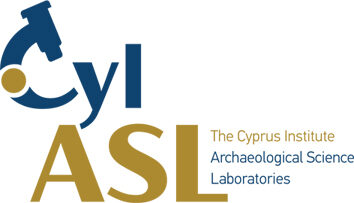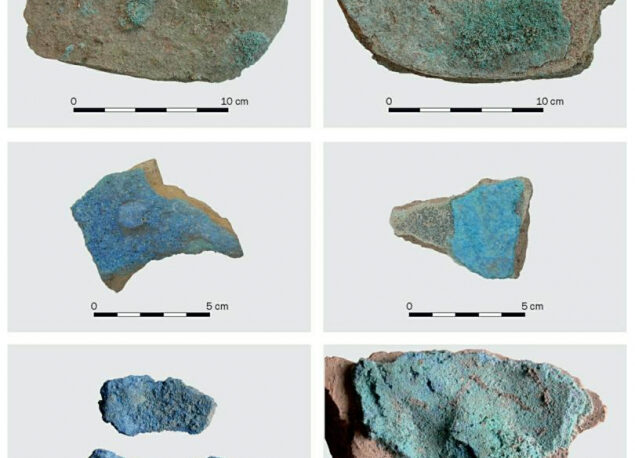‘Reconstructing the chaîne opératoire of technical ceramics for the production of Egyptian blue from the Late Bronze Age to the Roman era’ is a multi-disciplinary research project of the Cyprus Institute initiated in 2021 within the framework of the PlaCe international training network. The project is supervised by A.G. Leventis Professor for Archaeological Sciences Thilo Rehren and aims to investigate the production technique of Egyptian blue, the earliest artificially produced pigment that became a substantial part of the ancient artistic palette.

Even though large quantities of Egyptian blue artefacts are known and have been subjected to analytical investigation, our knowledge of Egyptian blue production sites and chaîne opératoire remains limited. Therefore, the introduction of new criteria for workshop identification and a deeper understanding of the production process will allow the interpretation of both already known and new archaeological data and will fill the existing gaps. As with the other vitreous materials, Egyptian blue manufacturing required the use of technological pottery, namely crucibles.

The present project aims to investigate crucibles, applying a set of archaeometric techniques, including OM, SEM-EDS, XRF and petrography to understand how the availability of raw materials and the level of technical knowledge affected the way the pigment was produced.

Acknowledgments
This project has received funding from the European Union’s Horizon 2020 Research and Innovation Program under the Marie Skłodowska-Curie grant agreement No 956410.

